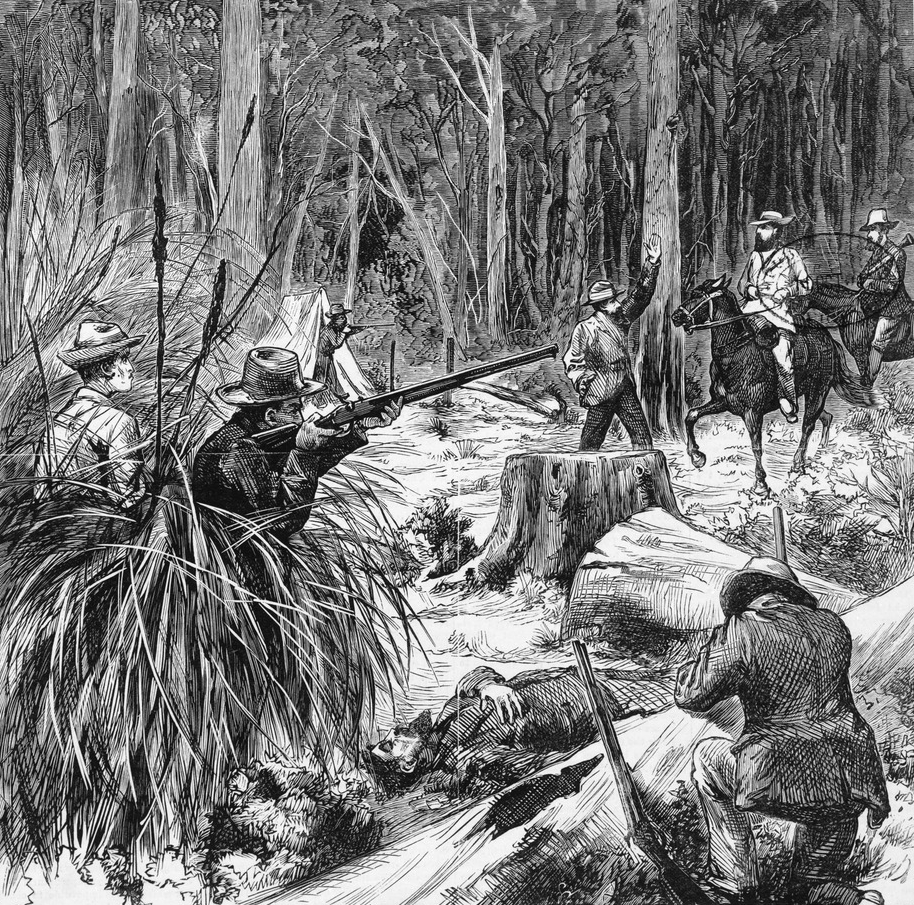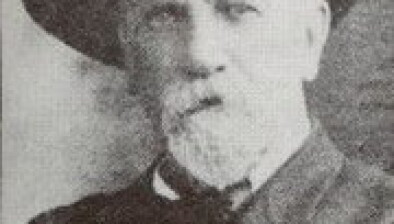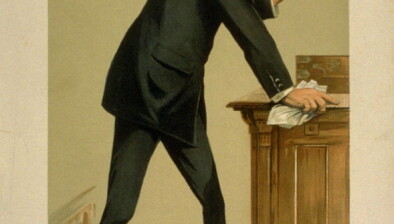Irish Legal Heritage: A deathly premonition and the Felons Apprehension Act 1878

The Stringybark Creek attack
(Samuel Calvert, 1878)
Edward “Ned” Kelly was a famous Irish-Australian bushranger and outlaw who was executed in November 1880. Part I and Part II of this series were published last month.
After the Fitzpatrick affair, Ned and Dan were in hiding along with Joe Byrne and Steve Hart.
Upon receiving information about where the men were hiding out, two police parties went to look for them. On 25 October 1878, four policemen set off from Mansfield – Sergeant Michael Kennedy and Constables Thomas Lonigan, Thomas McIntyre and Michael Scanlan.
While the Mansfield policemen were hiding out in the bush waiting for the police from Greta to arrive, McIntyre went out hunting and inadvertently alerted the Kelly gang to their presence. At about 5pm on 26 October 1878, the Kelly gang arrived at the camp and killed Constable Thomas Lonigan almost instantly. The year before, Ned as spent one night in prison after a drunken tussle with Constable Lonigan, and it is said that Kelly had threatened him at that time, saying “Well, Lonigan, I never shot a man yet. But if I ever do, so help me God, you’ll be the first”.
Kennedy and Scanlan weren’t at the camp at the time, and Kelly was said to have promised McIntyre that he wouldn’t shoot them if they came with their hands held up. Soon after, Kennedy and Scanlan arrived back at the camp and were killed by the gang. McIntyre was able to escape and report the murders.
In the days after the police murders at Stringybark Creek, the Felons Apprehension Act 1878 was passed, outlawing the Kelly gang. The Felons Apprehension Act 1878 was “…to facilitate the taking or apprehending of persons charged with certain felonies and the punishment of those by whom they are harbored”.
The Preamble to the Felons Apprehension Act 1878 stated:
“Whereas of late divers persons charged with murder and other capital felonies availing themselves unduly of the protection afforded by law to accused persons before conviction and being harbored by evil-minded persons remain at large notwithstanding all available attempts to apprehend them and some of them being mounted armed and associated together have committed murders and have resisted and killed officers of justice whereby the lives and property of Her Majesty’s subjects are in jeopardy and need better protection by law”
One Ned Kelly commentator who explained the effect of the legislation states:
“Normal rights under the law, including ‘assumption of innocence’, were revoked for those persons named by a Supreme Court warrant under the Act. The offenders were legally considered guilty without the usual pre-requisite of a trial, and in 1878 the crime of murder was punishable by execution. Therefore the lives of an ‘outlaw’ were considered forfeited, and so once the Act was in force against an individual, killing that person became a ‘legal’ action” (N Cowie, Ned Kelly Bushranger – History in Detail).
Cowie goes on to say that one of the most significant parts of the act was Clause 5, which stated that anyone found guilty of “voluntarily and knowingly” harbouring or providing any form of assistance would be liable to imprisonment with or without hard labour for up to fifteen years. A number of people were allegedly held without charge for up to three months on suspicion of assisting the Kelly gang, which “caused a groundswell of support for the gang and resentment of the government’s misuse of power” (N Cowie, Ned Kelly Bushranger – History in Detail).
Despite committing relatively large-scale bank robberies in Euroa and Jerilderie, rewards of up to £8,000 (equivalent to over €1 million today) offered for their capture, and the 1878 Act making it legal for them to be shot on sight by both the police and the civilian population – the gang evaded the authorities until June 1880. The last stand for the Kelly gang was the Glenrowan Siege.









